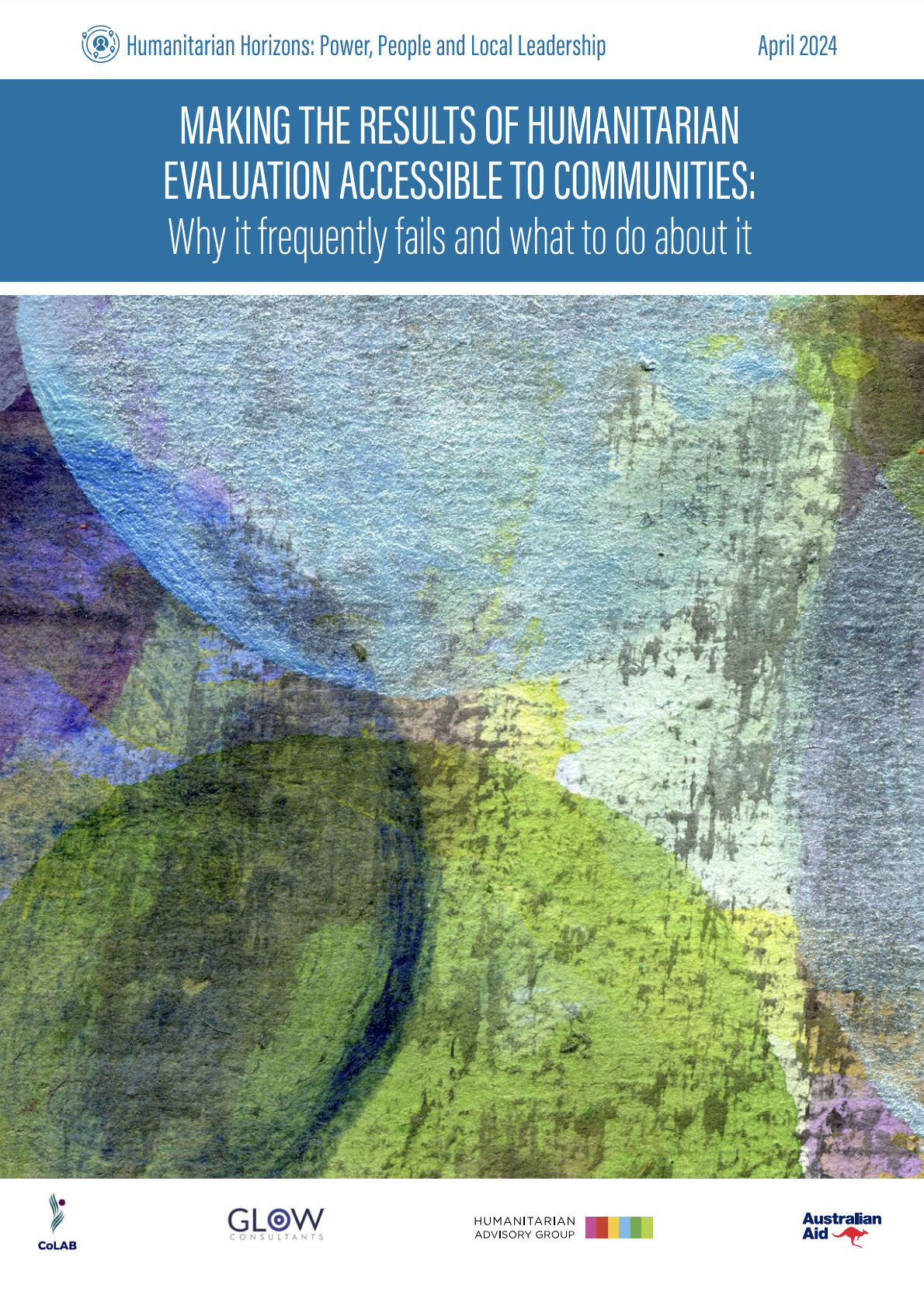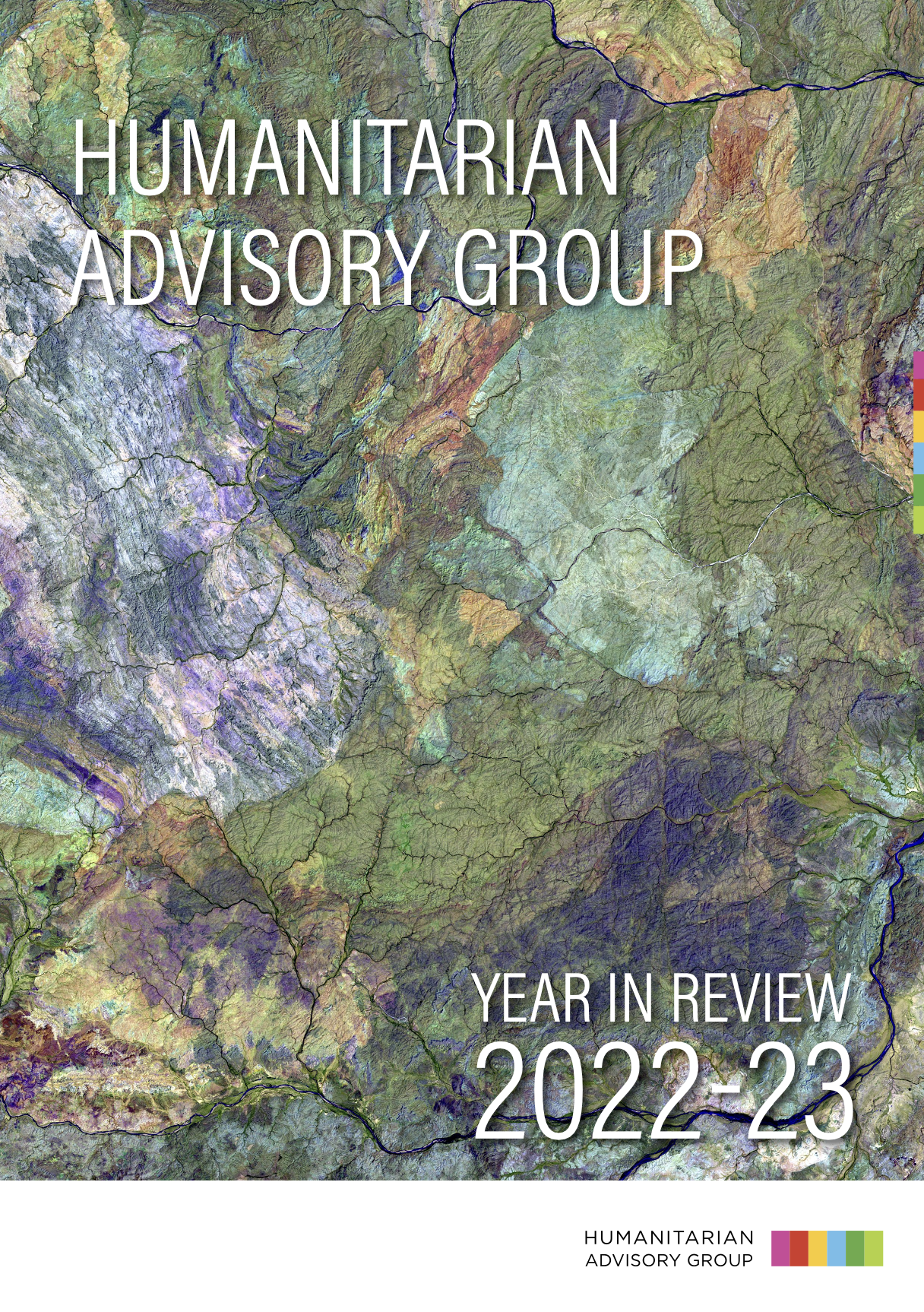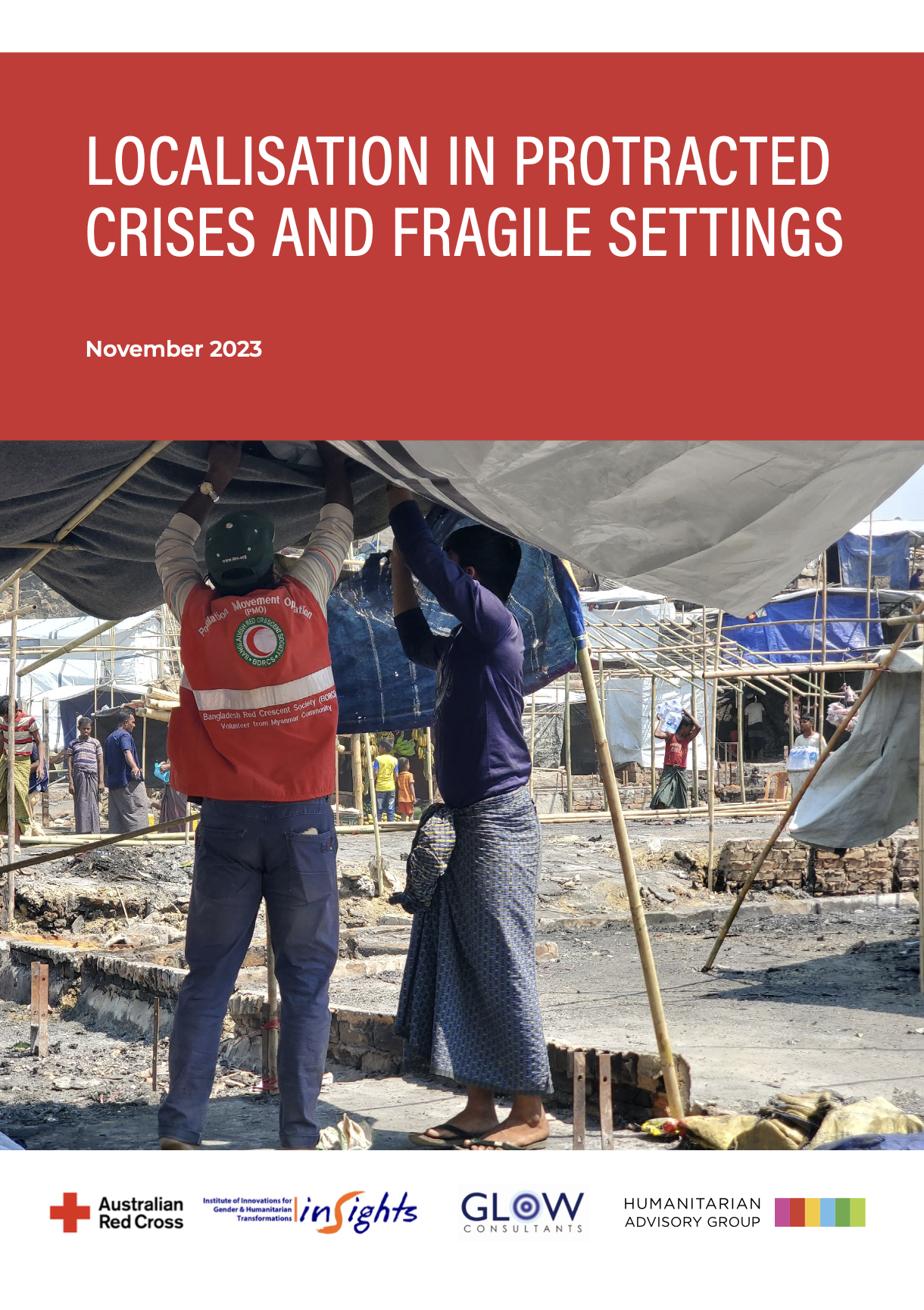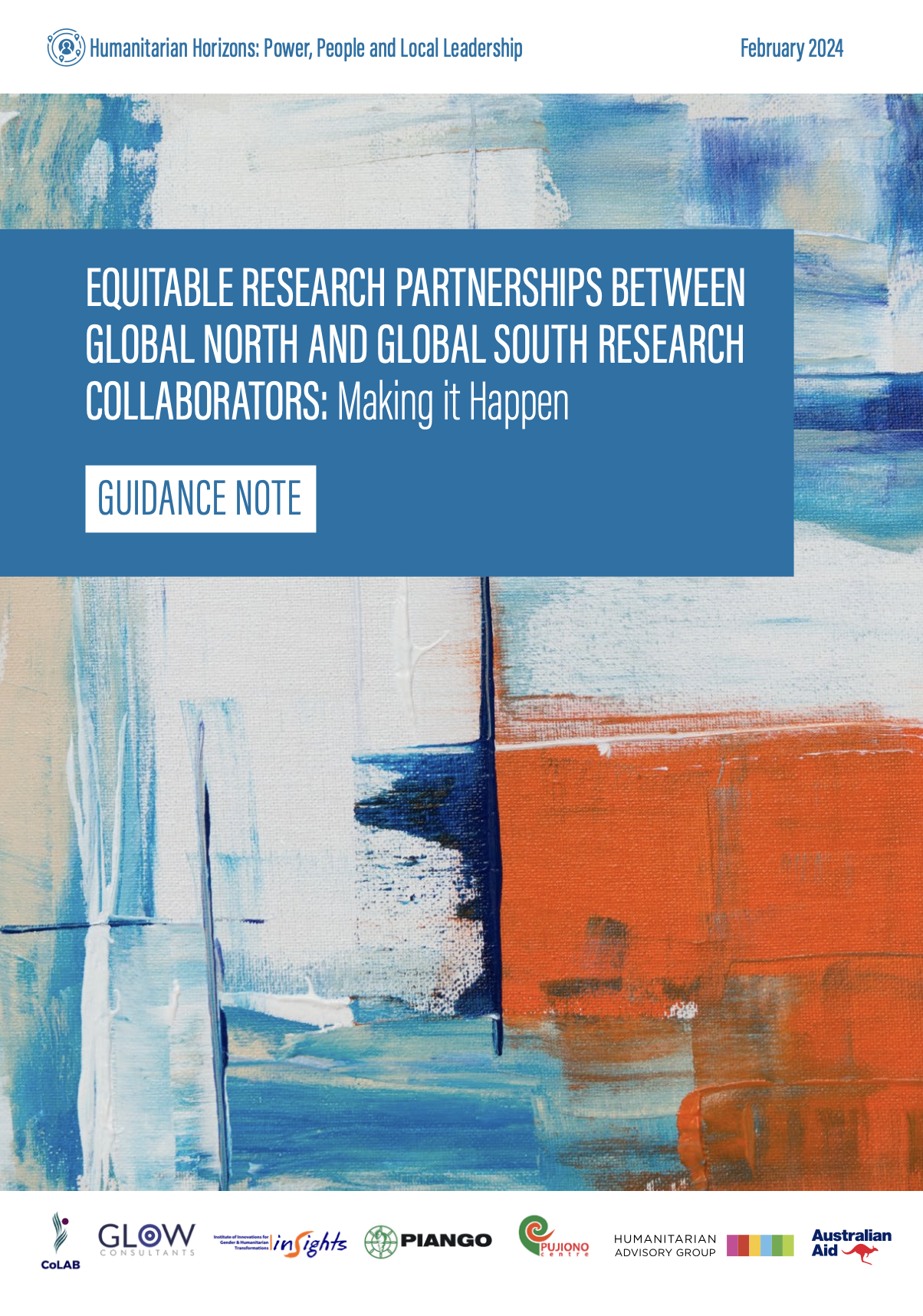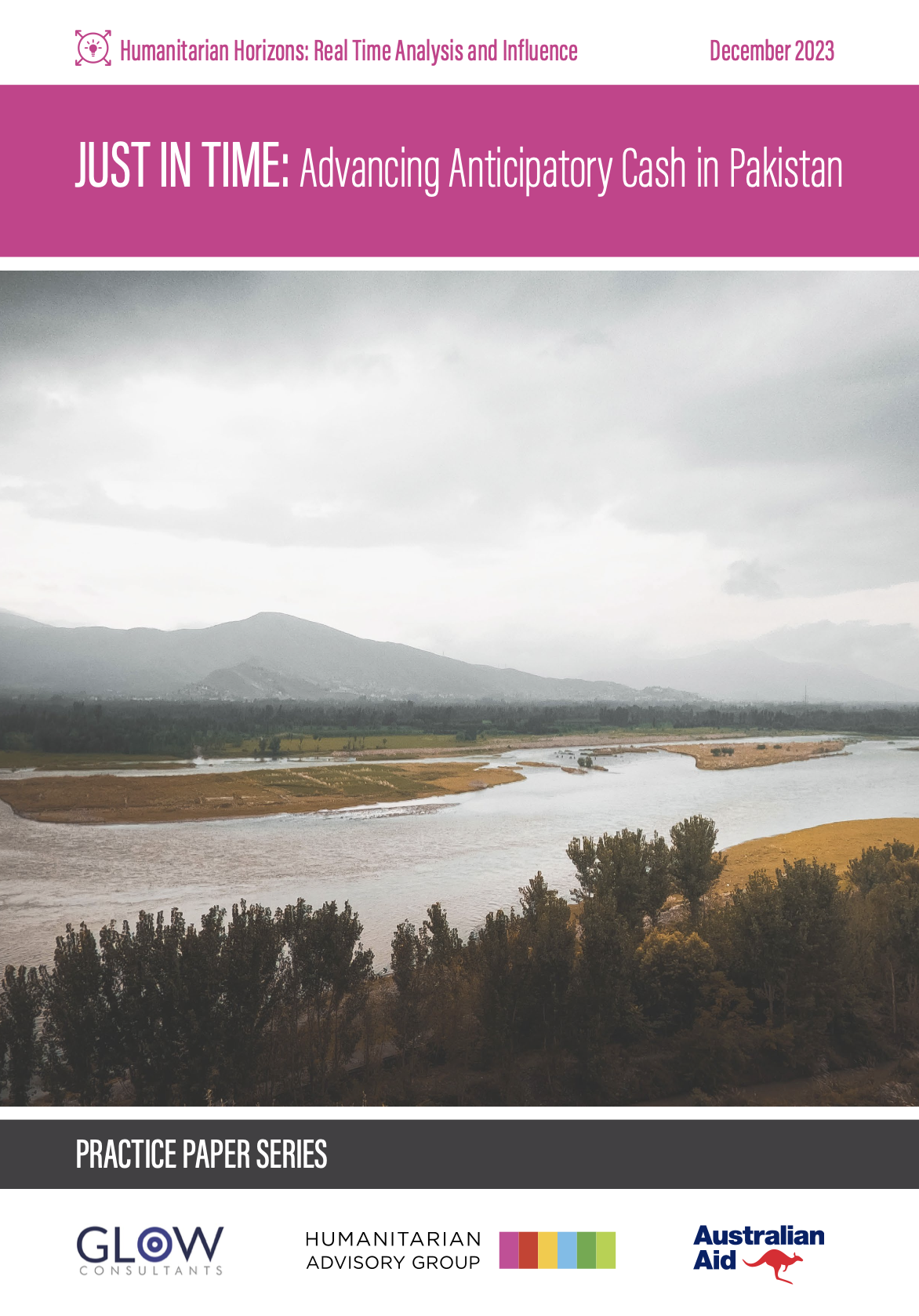The humanitarian sector is grappling with the task of reducing its negative impacts upon the climate and environment. Despite growing awareness of the need to shift towards greener action, tangible change and outcomes have remained frustratingly limited, while the impacts of climate and environmental change are increasingly exacerbating humanitarian needs and crises at an alarming pace. Many in the sector are overwhelmed by the scale of change needed, but the consequences of inaction are extreme, and the sector continues to seek concrete pathways to shift towards greener practices.
This research paper is intended to support the humanitarian community to understand how key barriers can be overcome and how ingrained practices can shift. The responsibility cannot lie with individual actors; coordinated action is required across all levels of personnel and all sector staff to achieve a green humanitarian system. This paper acknowledges the complexities of the humanitarian system, and diversity of stakeholders within it, in focusing on the role of three actor groups that have emerged from the research as critical to supporting change. The focus on these three groups is not intended to suggest that they alone can change the system, but that they can be important drivers of action supported by government, the wider community, environmental groups and advocates in society.



